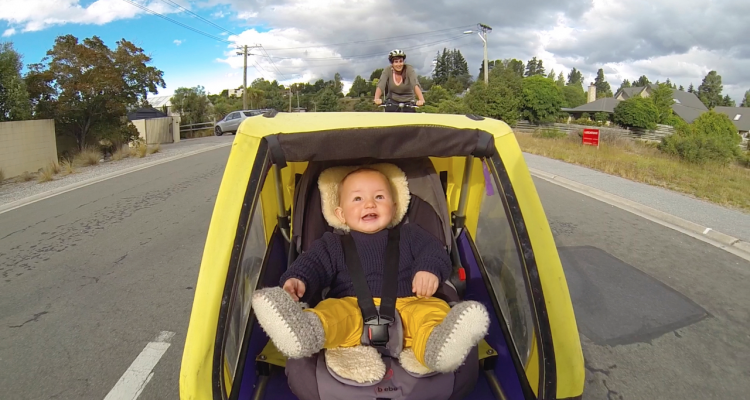Meet
Lisa Carnie
Meet
Lisa Carnie
Home > Who we are > Lisa Carnie
About Lisa
A keen athlete and sports woman, Lisa Carnie was drawn to physiotherapy through her love of movement and helping others to be their best selves. With more than 16 years treating people with a huge range of conditions, both in New Zealand and internationally, Lisa’s journey changed after she gave birth to her beautiful son, Rio. With a complicated and traumatic birth, Lisa was astounded to experience first hand the complexities of the pelvis and how it can affect the rest of the body. With a new passion and a burning desire to help others in similar situations, Lisa completed her post graduate studies in pelvic floor rehabilitation and continence. It’s her ambition to improve care and compassion for others going through pelvic challenges and she’s on a mission to remove the stigma surrounding pelvic health conditions.
Lisa is a total pelvic health nerd and is continually studying and attending courses abroad to further deepen her understanding around this nuanced and complex topic. Seamlessly combining the latest in medical research with a very human approach to treatment, Lisa fuses warmth, compassion and clinical expertise to help her clients get to the ‘why’ behind their symptoms and achieve life-changing results.
With fabulous relationships with local health professionals, from midwives, osteopaths and naturopaths to GPs and prostate cancer surgeons, Lisa works in collaboration with the whole medical paradigm who all refer clients to Pelvic Solutions. She knows all too well the debilitating effects of pelvic health problems and is driven to ensure no one feels alone in their journey.
More about Lisa
Fun Facts
- Guilty pleasure: A long super hot shower
- Fave movie: Horton hears a who!
- 3 people you would love to have dinner with: Kim Anami, Tim Ferris & Opa (Grandpa)
- I love pelvic physiotherapy because: The life control that patients can gain back when they realise they don’t actually have to put up with those annoying pelvic problems.
- Fave book: Brene Brown ‘Dare to Lead’
- Favourite Place: Morocco, Atlas mountains by motor bike & if I can have one more… the Bolivian mountains
- Favourite space in Wanaka: my son’s room in his ‘secret hut’
- Why do you love Pelvic Solutions: because we live our values, and breath our mission.
- Moves: by feet, skis, and bike with kids on the back, on the front and in tow
- Surprised to know: I have dual nationality, my Grandparents immigrated to NZ from Holland many moons ago.
Conditions Lisa treats
Stress, urge or mixed incontinence, dysuria (painful passing of urine), overactive bladder, overflow incontinence. Weak pelvic floor muscles contributing to stress incontinence, urinary urge incontinence and pelvic organ prolapse. Pelvic floor muscles are too tight and have a high tone.
Birth preparation, incontinence, pelvic girdle pain, pregnancy pain, pubic symphysis pain, rib and upper back pain, swollen legs, anorectal pain, posture and back care.
Abdominal and pelvic muscles, scars (c-section, episiotomy, 3rd and 4th-degree perineal tears from instrumental delivery), diastasis recti (abdominal muscle separation), strength endurance and function of the pelvic floor, skeletal alignment, diaphragm and breathing, pelvic organ prolapse, pelvic pain, incontinence (stress and urge), trapped air in the vagina and mastitis.
Faecal (poo) and flatal (wind) incontinence/soiling, difficulty emptying (including obstructive defaecation) and urgency.
Bowel, bladder and uterine.
Hysterectomy and surgery for pelvic organ prolapse.
Persistent pelvic pain conditions, ano-rectal pain, sacral, coccyx thoraco-lumbar, abdominal-pelvic, perineum pains, Pudendal nerve pain, scarring, dyspareunia (difficult or painful sex), vaginismus (involuntary tightening of the muscles around the vagina). For men, pain in the testes, scrotum, and genitals.
Pregnancy, scaring, haemorrhoids, overactive pelvic floor.
Erectile dysfunction, decreased sensation, vaginal dryness, painful sexual intercourse or intimacy.
Urinary incontinence or bowel issues after surgery.
Day time wetting, constipation, bed wetting, encopresis




Book an appointment with Lisa
